What You Should Know About Wheezing in the Elderly
Wheezing in the elderly is common. People who wheeze often make a whistling noise when breathing. Wheezing is associated with breathing difficulties and is usually caused by a constricted airway or excess mucus.
Severe wheezing, often accompanied by coughing, can impair your quality of life and be stressful. We all need to breathe freely to be able to relax and enjoy life.
Pinpointing the specific cause or causes of wheezing in the elderly is important for you to get the best treatment. If you notice your wheezing getting worse or is accompanied by other symptoms such as chest pain, see a doctor immediately.
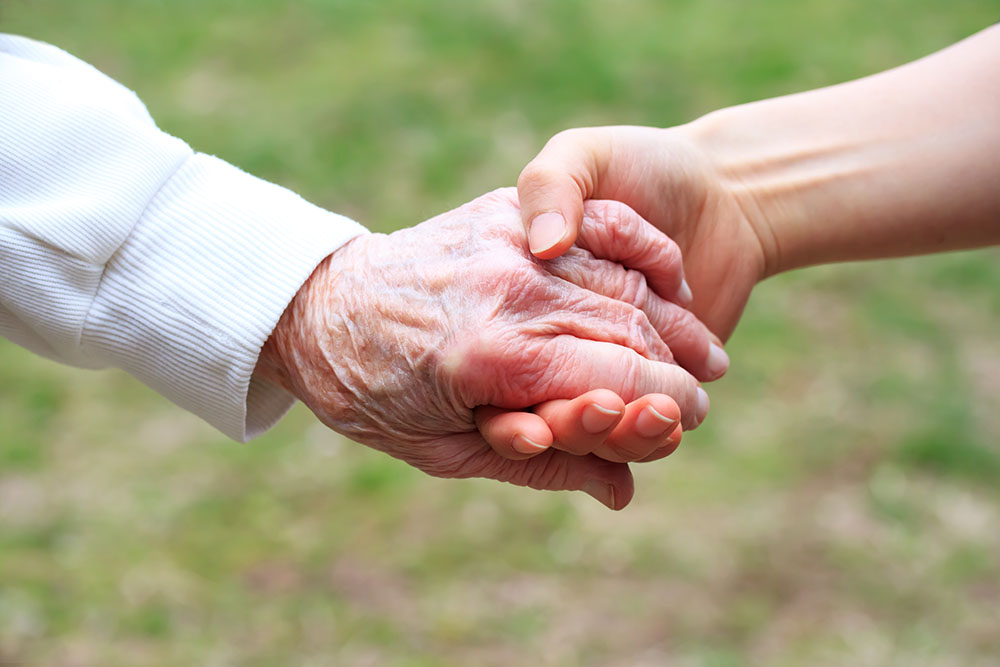
Is wheezing serious?
Since wheezing is related to the airway, it’s potentially very serious. We need to breathe freely to live. In addition, anything that blocks or constricts the airway can cause discomfort and worry.
Wheezing can also restrict the ability of elderly people to do more strenuous tasks like climbing stairs. It can prevent you from taking part in social activities such as singing or outings. In short, wheezing can reduce your quality of life.
Wheezing in the elderly may also require medication, and that medication may lead to side-effects. So careful patient monitoring and management is essential.
What causes wheezing in the elderly?
The respiratory system, including bronchial tubes and airways, gradually deteriorate with age. The muscles that support breathing weaken, making it more difficult to inhale and exhale enough air. This often leads you to breathe more shallowly, especially if you are in pain. Coughing may also be less effective in clearing the lungs of mucus.
All these things can make you prone to infections like pneumonia or flu. And to make matters worse, an aging respiratory system can also contribute to heart diseases.
Smoking, passive smoking, living on a polluted street, or in a very damp environment, can exacerbate wheezing in the elderly. If you are lucky enough to live in a clean environment with fresh air and a garden, so much the better.
Diseases associated with wheezing
Wheezing in the elderly may be due to different diseases. That’s why a doctor’s diagnosis is so important.
For example, coughing and wheezing are common symptoms of asthma and diseases that affect smaller airways in your lungs (bronchioles). You might feel a tightness in your chest or breathlessness.
Allergies such as hay fever can also cause wheezing and coughing. Allergy sufferers may be at increased risk of asthma.
Bronchitis, an inflammation of the airways, and emphysema (damage to the smaller airways and air sacs), may also cause wheezing. Bronchitis and emphysema often occur together in the elderly. The condition is known as chronic obstructive pulmonary disease. Smoking is an absolute “no no” for those with this condition.
Bronchiectasis is a condition which leads to excess mucus being produced due to the abnormal widening of an airway. This condition can lead you to cough up sputum and blood and become wheezy. An infection or genetic factors may make you prone to the disease.
The most common cause of wheezing in the elderly is infection of the bronchi. Less common causes of wheezing include lung cancer and various uncommon and rare lung disorders.
Managing wheezing
Your doctor will be able to advise you on how best to manage wheezing. Wheezing in the elderly may indicate conditions such as congestive heart failure, pulmonary embolism, and bronchogenic carcinoma. This makes it doubly important to get a good diagnosis from your specialist.
Treatment with corticosteroids, bronchodilators or anti-anxiety medications may be appropriate, though most drugs will have side effects. You’ll need specialist care to manage these.
Prevention
Preventing wheezing in the elderly is partly to do with lifestyle. Living somewhere where you can breathe clean air and avoid traffic or other chemical fumes is a plus. Smoking can seriously aggravate wheezing in people of all ages so should be avoided.
Visit us at Fairview Adult Day Care Center in Brooklyn, New York. We specialize in providing worry-free adult day care and have lots of experience in dealing with wheezing in the elderly.
This article is for educational and informational purpose only and does not substitute for professional medical advice. For any questions about your own health condition, speak to a qualified physician or healthcare provider.

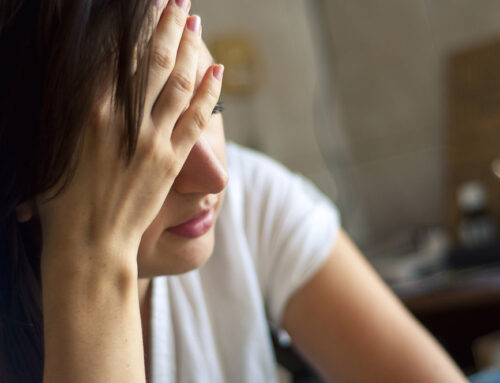
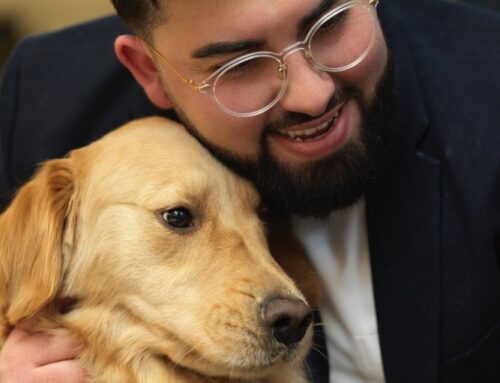

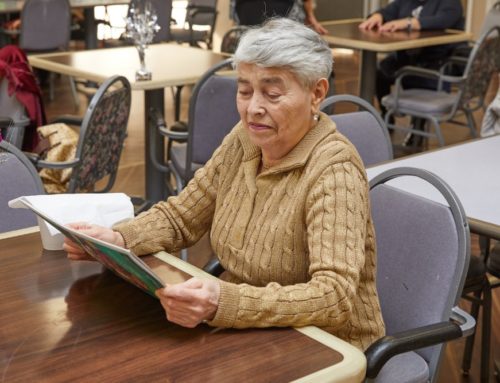
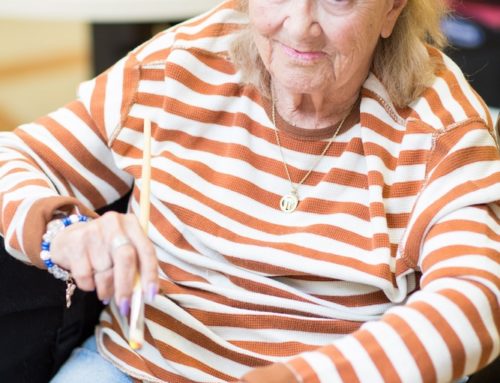

Thanks you for this information. My mom is 60 years old and fainted today. She is okay at the moment. She has the wheezing sounds and coughs every day. I will take her to see a doctor.
Thank you for your article. It was very helpful. I wanted to ask : Do I stop exercising if I am wheezing? Does walking help? Thank you